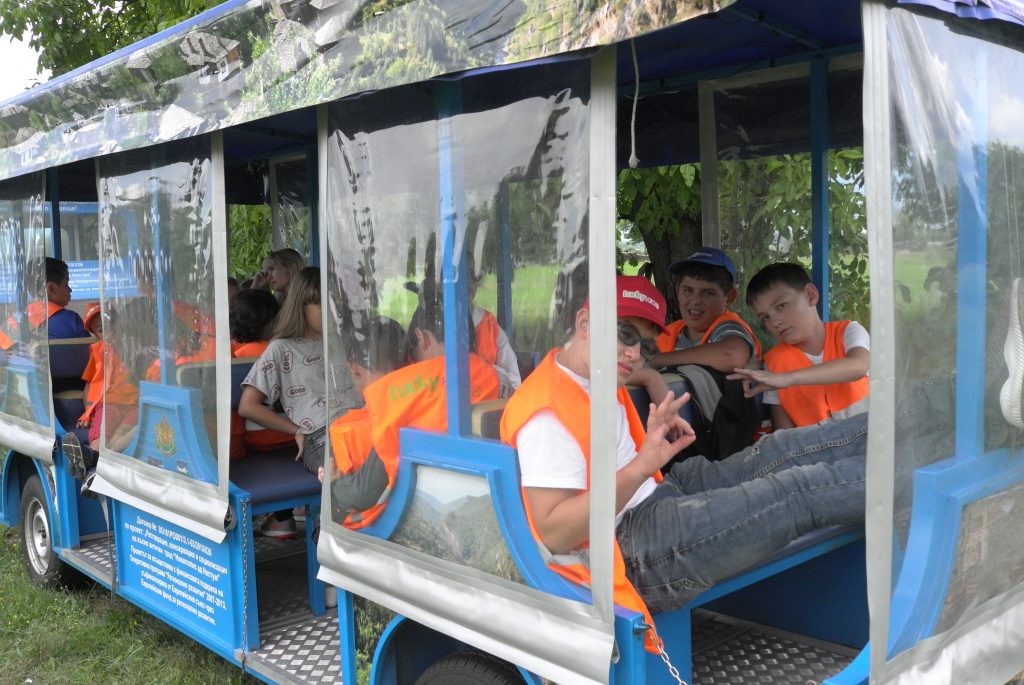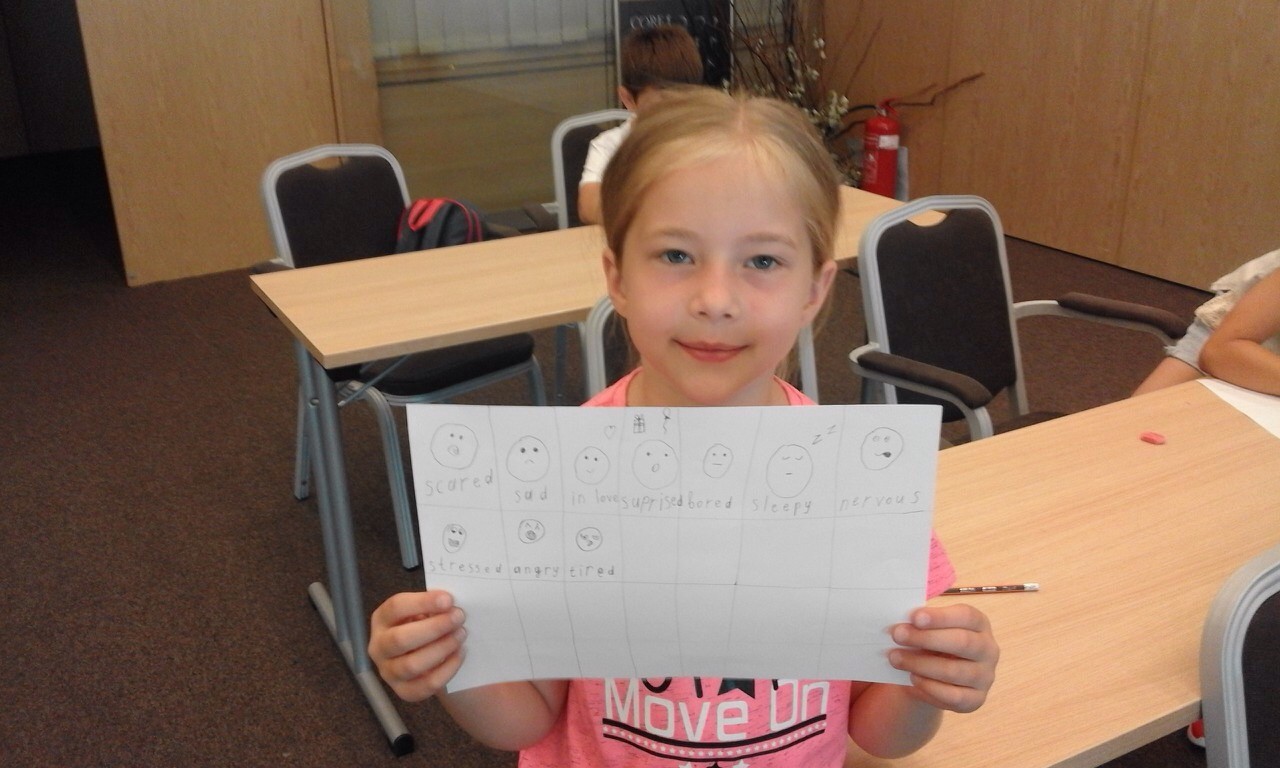Children who are in the process of learning a second language will definitely benefit from attending an international language english summer camp presented in their newly acquired language. This is especially relevant if they are also taking formal classes and preparing for a language exam. Many students apply to summer schools or summer camps to have fun, but also to practice their new language skills.
The benefits are more than mere language acquisition, they hear native speakers communicate in an informal situation, and get spoken to in the same natural way. Students experience and learn how to communicate naturally, instead of reciting formal phrases as learnt and copied in classrooms.
The student will get the opportunity to practice new grammar skills acquired in class. The friendly staff will rectify mistakes made by intermediate learners, gently guide the inexperienced or shy student to at least attempt speaking in the second language.
Most teachers attending summer school will gladly assist students if they have been made aware of the fact that the student is preparing for an exam. They will encourage and motivate their students to use the new grammar, and if their schedule allows, spend time with the student in one-on-one conversations to prepare them for the speaking part of the exam.
Students at camp learn more than grammar; they are immersed in a situation where they have to learn how to reason, debate, prepare, and present projects. They have to solve problems and communicate with strangers.
Some children might have medical, emotional or other personal issues that they have to relate to staff, so they would need a new vocabulary set. They have to learn how to cope, reason and communicate in a new language in a strange environment, and they have to “survive.” If the group is diverse enough the changes are good that they will make new friends who can only speak in the new language, so they are forced to communicate both formally in class and socially. All these situations prepare them for their exams as most exams have a grammar, formal and informal writing and speaking part.

It is important for the parents and students to inform staff about the language course the child is taking, or which exam he is preparing for, as the language proficiency or level tests might place the student in a different level at camp than what he is at the language school.
This may lead to more advanced students getting bored if they are placed in a lower level group or less proficient students being placed in a class with a higher level. Sometimes this is unavoidable due to student-teacher ratios, but if the staff were made aware of the student’s current situation and needs, they will surely do their best to accommodate the student’s preferences.
The verbal and written language skills are mostly taught through a project-based communicative approach, but due to the limited time most lessons are focussed and only a few intensive grammar topics can be covered. Language acquisition happens much faster in such an informal environment. The student hears, speaks, and must follow instructions only in the new language and has to ensure he is understood when communicating with staff and other students.
Most teachers attending language camps are well-trained and knowledgeable about the various language exams and use similar examples and test formats in their lesson presentations. This makes the student more relaxed when the time comes for the final exam, as they become more familiar with the exam format. However, parents and students alike shouldn’t expect miracles.
A beginner or elementary student won’t learn much in a week or 10 days at camp, but he might benefit from hearing the spoken language, pick up on accents, nuances, tones, and word stresses. This is sometimes enough to encourage the student to explore further the topics and language.
Parents and students should decide what they would like to gain, if it is language exposure, attending an informal language camp will be a good choice, the ratio of learning and fun is normally well-balanced. The focus is more on communication and exposure while enjoying the summer break.
If however, the goal is formal learning one should maybe look at summer school instead of summer camp. Here lessons will be structured and focussed on the specific exams. Grammar drills and exam type questions will be the norm and communication and vocabulary will probably be focussed around specific topics whereas camp themes allow for more freedom in lesson plans and sub-topics leading to a wider range but less focused lessons.
Whichever route the family decides to follow, exposure to quality language in different media and forms will always be beneficial, as long as the student accepts accountability for his learning and the parents take responsibility to provide age and level appropriate material, the student will learn something.
